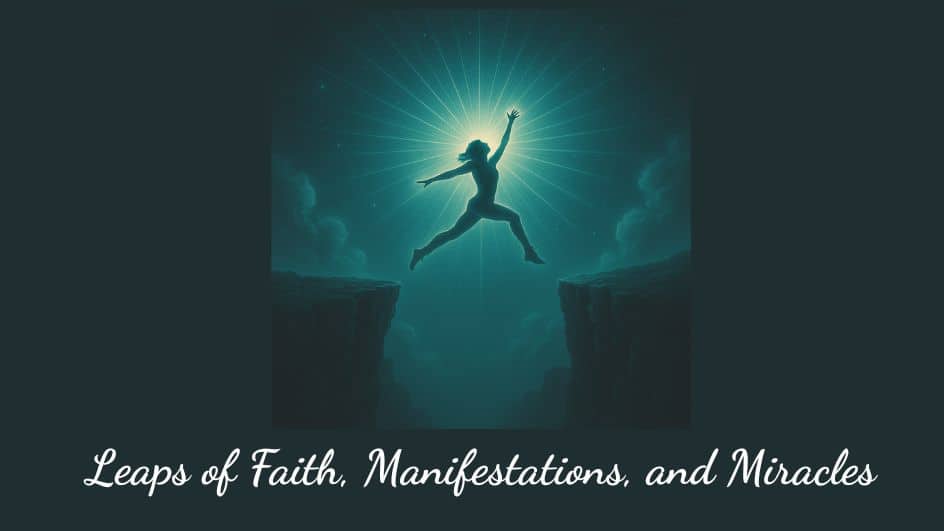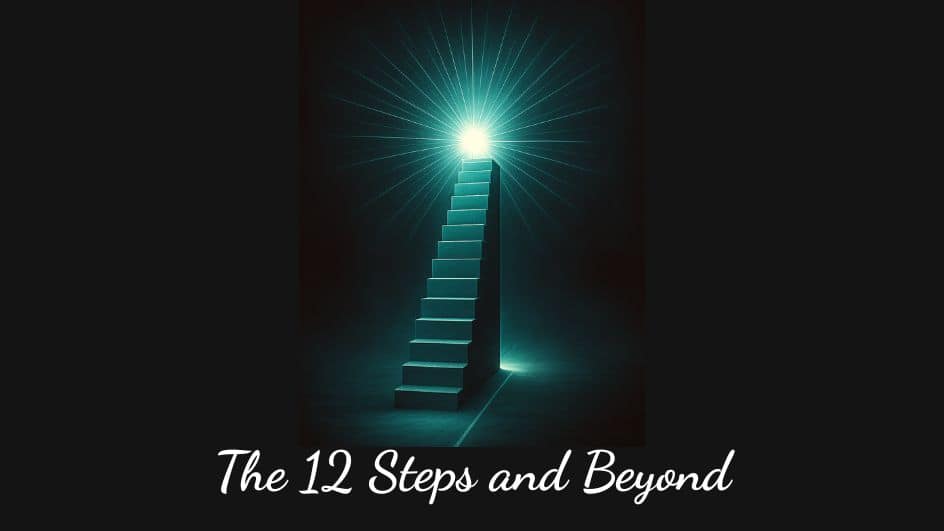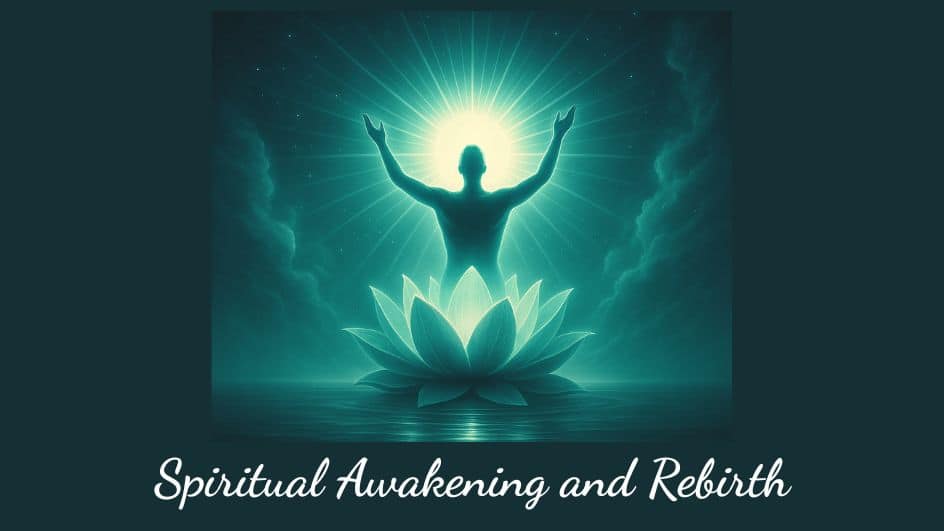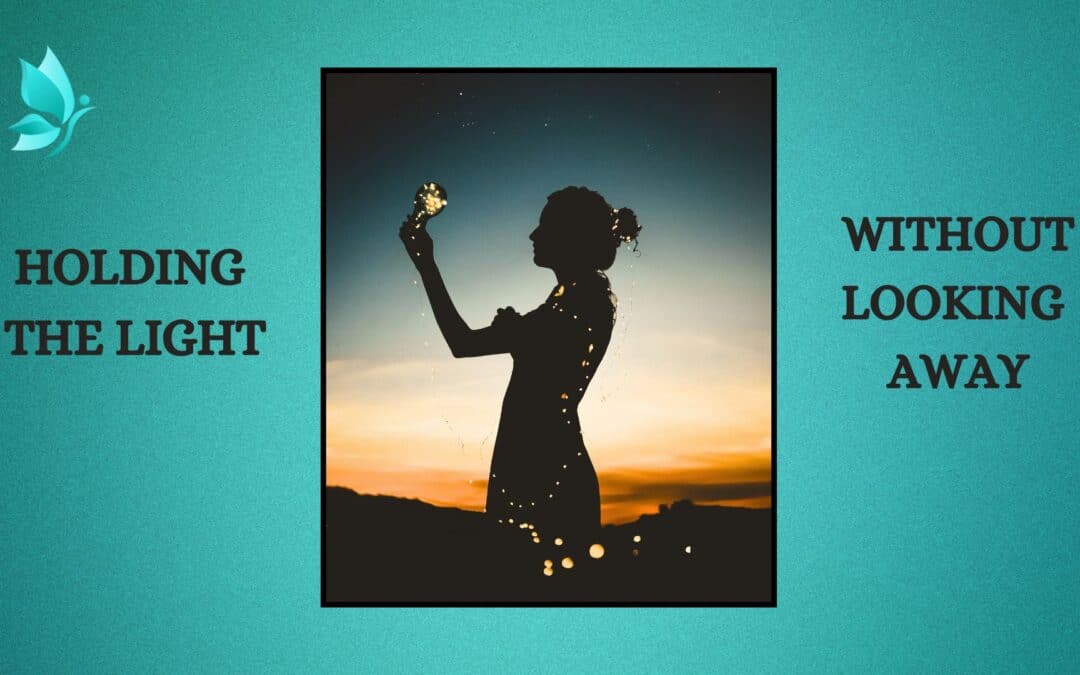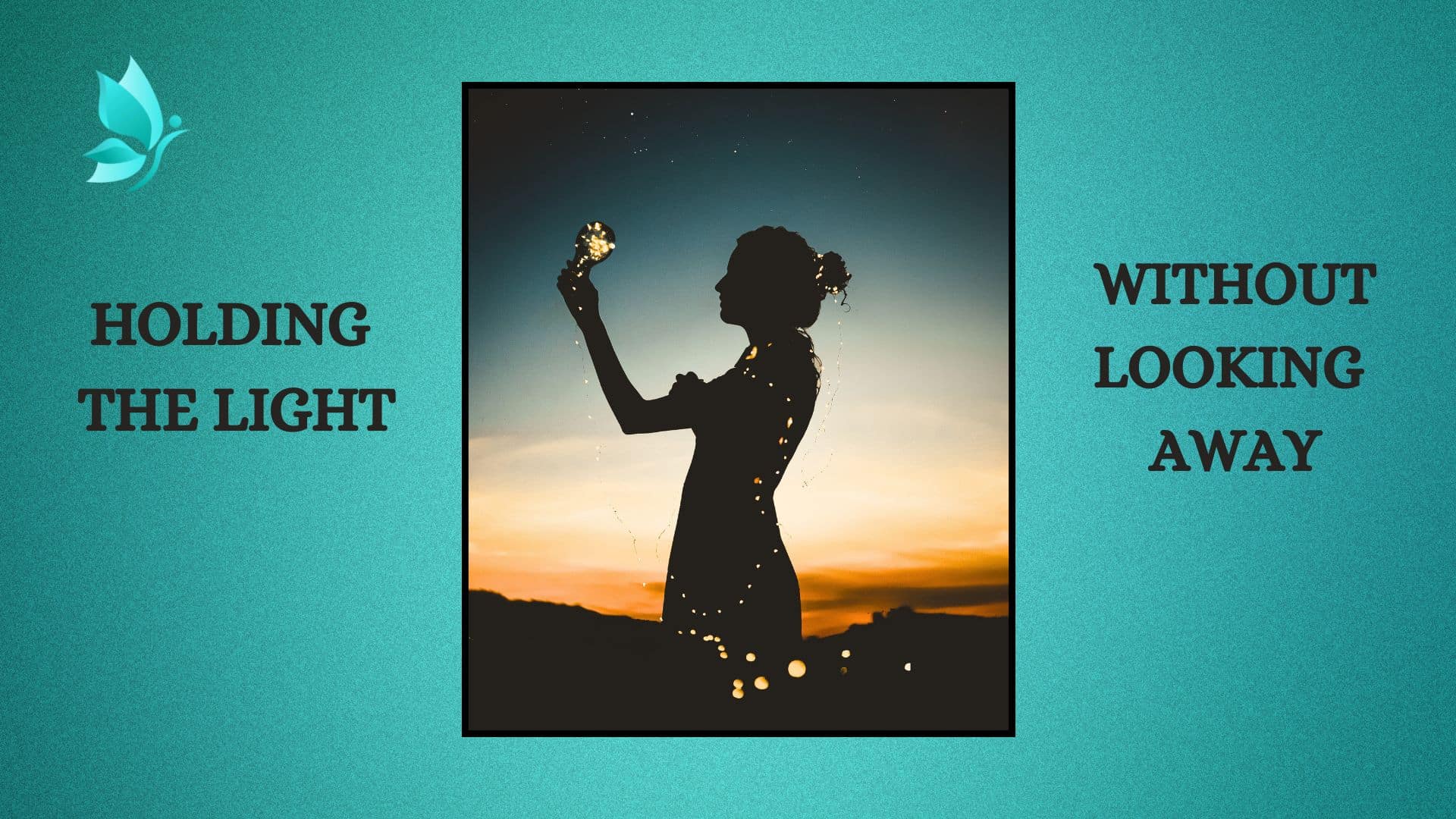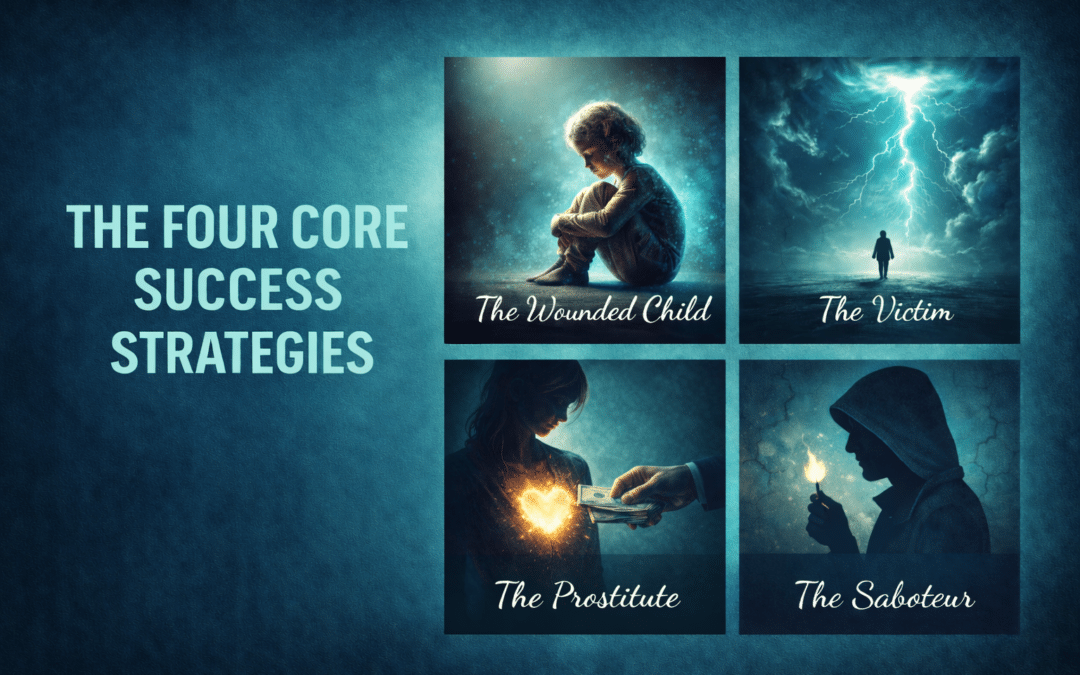
What is an Archetype—and Why You Want to Know What Yours Are
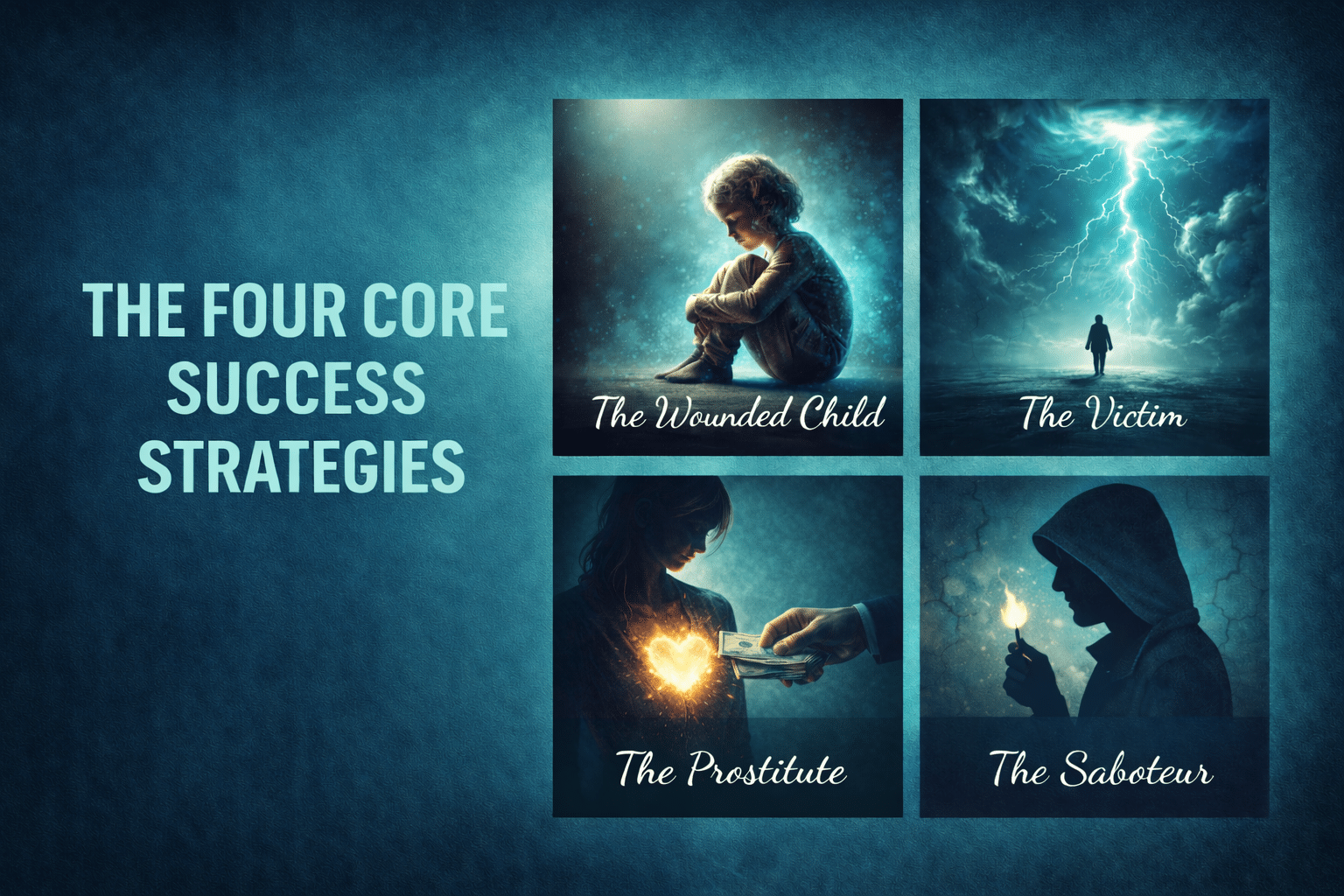
What Is an Archetype — and Why You Want to Know What Yours Are
Have you ever noticed the same patterns repeating in your life?
The same type of relationship.
The same emotional trigger.
The same fear that rises just before success.
The same inner voice that questions your worth.
Those patterns are not random.
They are often driven by archetypes.
An archetype is a universal pattern of behavior — a psychological blueprint that lives within the human psyche. These patterns appear across cultures, religion, mythology, and psychology. They are timeless roles we step into, often unconsciously.
The Hero.
The Caregiver.
The Rebel.
The Victim.
The Child.
The Saboteur.
Archetypes are not personality types.
They are success strategies.
We all carry the Four Survival Archetypes: the Child, the Victim, the Prostitute, and the Saboteur. These are universal energies that develop early in life to help us navigate pain, power, safety, and belonging.
I know mine well.
My Wounded Child once interpreted life through the lens of rejection and unworthiness. That strategy kept me alert — but also overly sensitive.
My Victim archetype showed up whenever I felt powerless. It would quietly ask, “Why is this happening to me?” It shaped how I interpreted circumstances and relationships.
My Prostitute archetype — which has nothing to do with sexuality and everything to do with negotiating your values — appeared when I compromised my truth to feel safe, approved of, or protected.
And my Saboteur? She emerged every time I was about to grow. Just before expansion, she would whisper doubt and fear.
These were not character flaws.
They were strategies.
The problem is not that we have archetypes. The problem is that we live them unconsciously.
When you don’t know your archetypes, they quietly shape your decisions.
The Wounded Child reacts before the adult self can respond.
The Victim feels powerless instead of empowered.
The Prostitute negotiates away boundaries for approval.
The Saboteur creates fear just as courage is required.
And then we wonder why we feel stuck.
You cannot transform what you refuse to name.
The moment I began identifying these patterns as strategies — not defects — everything shifted. Instead of asking, “What’s wrong with me?” I began asking, “What is this part of me trying to protect?”
That question changed my life.
Because here is the deeper truth: every archetype carries both shadow and light.
The Wounded Child becomes a source of compassion and emotional depth.
The Victim becomes empowered through healthy boundaries and accountability.
The Prostitute becomes fierce self-respect and integrity.
The Saboteur becomes discernment and wisdom.
The same strategy that once limited you can become your greatest strength.
This is the heart of shadow work.
We are not eliminating parts of ourselves.
We are integrating them.
When you know your archetypes, you stop shaming yourself and start understanding yourself. You recognize your patterns. You see your triggers with clarity. You respond instead of react.
And that awareness creates choice.
So ask yourself:
When I am under stress, what strategy do I automatically use?
Do I collapse into hurt?
Do I feel powerless?
Do I compromise my truth?
Do I undermine myself just before success?
That answer is not your weakness.
It is your doorway.
Knowing your archetypes doesn’t label you.
It empowers you.
Because once you see the strategy, you can consciously choose its higher expression.
And that is where true transformation begins.

